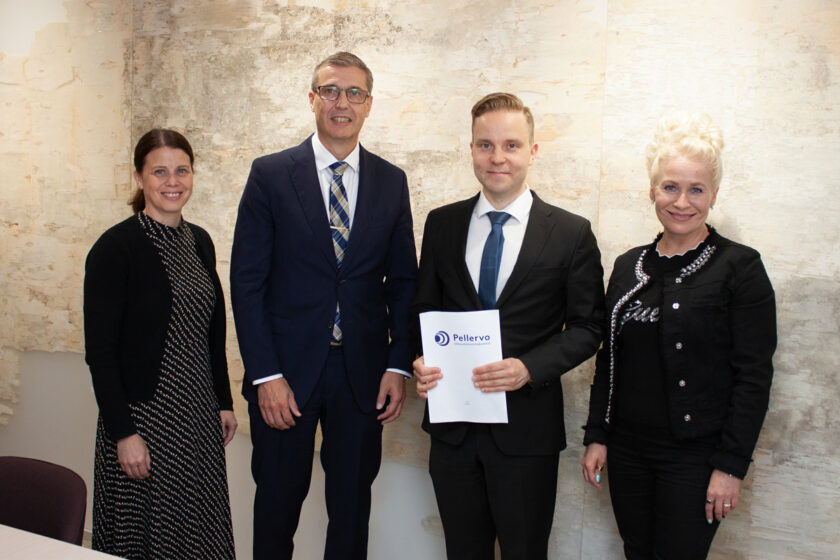A large number of Finnish business leaders and researchers appeal to the Ministers of Education and Culture to include the cooperative businesses model more strongly into the Finnish school education. The reason for this, is the common concern that the business and economic model represented by cooperative companies is now very poorly reflected in the education system.
Among the signatories are e.g., SOK Corporation CEO Hannu Krook, OP Cooperative Bank Group CEO Timo Ritakallio, LocalTapiola Mutual Insurance Group CEO Juha Koponen, Valio CEO Annikka Hurme, Tradeka CEO Perttu Puro, Atria CEO Juha Gröhn and Metsä Group Chairman Jussi Linnaranta.
The combined turnover of Finnish cooperatives grew by eight percent in 2021, to more than 35 billion euros. These are user-owned companies, the owners of which are more than 9 percent of Finnish adults.
– Undertanding the idea of cooperation is essential because the business model offers both globally and nationally many opportunities to increase economic activity and improve the quality of life. In addition, cooperatives are common “anchor wealth” of us Finns, says management professor Anu Puusa from the University of Eastern Finland and board member of Pellervo, who was one of the representatives who gave the petition to the ministers.
The petition, signed by a total of 131 company leaders, 24 researchers and university teachers, 15 organization leaders and 16 other people working on the promotion of cooperatives, was handed over to the Minister of Science and Culture Petri Honkonen on Friday 9 September and Minister of Education Li Andersson on Tuesday 13 September. The signatories comprehensively represent the key players of the Finnish cooperative movement.
Investor ownership needs alternatives
-Educational content related to companies and the economy currently deals with issues primarily from the point of view of investor-owned companies. We plead for change: Cooperatives should become familiar to children and young people on an equal footing with other business models, reminds Mari Kokko, Managing Director of Pellervo, the central organization of Finnish cooperatives.
It’s not just about entrepreneurship education, but about teaching the meaning of cooperation and its values and principles in an age-appropriate way, from pre-school all the way to higher education.
– So far, research on cooperatives at the higher education level is quite limited and theories are based on observations made in the context of private or investor-owned companies. This also needs to be changed, because cooperatives fundamentally differ from these companies, for example in terms of the purpose of the operation, describes Anu Puusa who herself has written several research articles related to the topic.
The petition text reminds us that cooperatives are people-centered businesses. The operating model supports UN Sustainable Development Goals such as peace, security, human rights, environmental protection, and gender equality.
Cooperatives are common models as consumer, producer, work and infrastructure (such as water or broadband) service providers. This economic form offers tools to tackle the global megatrends of our time: climate change, the sharing economy, and digitalization. It promotes community, locality and responsibility.
In addition, cooperatives offer an easy gateway to entrepreneurship. In many cases, it is a good way to employ yourself. A community-based and flexible form of business is suitable as a model for joint ventures in all sectors.
– Cooperatives would yet again have a lot to contribute to coping with this crisis. Therefore, children and young people should be given the skills to use it as part of their solutions to manage their own life. Knowledge brings opportunities, the petition reminds us.

